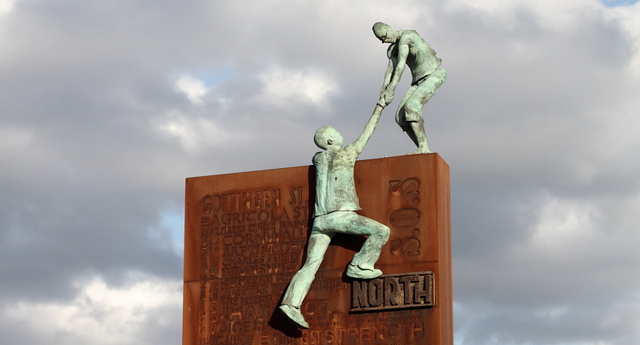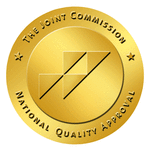Supporting Addiction Recovery (And Yourself)!
When a loved one suffers from untreated alcoholism or addiction we often think, “If only they got treatment; if only they got some recovery then everything would be fine.” We imagine that the big problem is the drinking or the drug use and if that went away then all of the other problems would go too.
So what do we do (as the loved one of the addict) when that person does finally get into treatment and starts on their journey of recovery? How do we support them in the experience they are having and at the same time remember to accept the reality of whatever their recovery might look like without getting caught up in hope, expectations, and desires that they may not be able to deliver on? Like everything connected to addiction it’s complicated!
The Early Stages Of Recovery
In the early stages of addiction recovery the individual may be experiencing a host of physical, emotional and psychological distress. They are finally coming to a place of acknowledging that they have a problem and are likely intensely focused on looking at their own experience. This can be both a relief for those around them and at the same time can bring up a lot of anger and frustration. After all it has been their substance abuse that has created or contributed to all kinds of problems and challenges. It is easy to feel intense anger at someone who all of a sudden is ready to get better, but can’t make better all the days, months or years of hurt.
We want to help our formerly addicted loved one, but we also need them to see us, to see what they have “done,” to acknowledge the impact of their substance use and after waiting for recovery it can be very difficult to wait longer for that individual to come to a place of seeing or understanding our pain. The hard truth is that sometimes that never happens.
A Plan To Stay Sane
So how can you help someone who is newly in recovery and keep yourself sane, serene and cared for at the same time?
1. Let go of ownership.
Remember that their recovery belongs to them. You didn’t cause the addiction/alcoholism, you could not control their use, and you cannot cure it either. Getting well belongs to the individual, don’t try to do it for them!
2. Be supportive, not controlling.
It’s okay to let them know that you are happy or excited or hopeful about the recovery; it’s great if you want to offer support – being open to listening, giving them a ride to a meeting, making plans that are an alternative to the old patterns. But be careful and check-in with yourself to make sure that an offer to help doesn’t become a requirement to do something a certain way and an attempt to control. You might ask, “do you want me to drive you,” but stay away from, “I’ll drive you everyday (to make sure you go!).”
3. Have boundaries.
Know what is or is not acceptable to you in your loved one’s progress. This is important to not only take care of yourself but also to keep you away from trying to control how or what they are doing. This might mean that you have a back up plan in case their recovery doesn’t work out, or it might just mean that you let them know what you can or cannot change even as they change. Remembering that you matter, and that your needs are something that only you can manage will help to keep you away from focusing entirely on your loved one and their behavior.
Addiction Recovery Is The Beginning
Living with and/or loving someone with a substance abuse problem can be devastating in so many ways; but what is incredibly upsetting to learn is that recovery alone does not solve all of those problems. In fact it can often create new problems, or reveal challenges that we always blamed on the alcohol or drugs but was really something independent. Recovery is about exploring a new path and a new way of living, for everyone involved, and making sure that you are paying attention to your own experience, even while you are caring about your loved one can be one of the best ways forward.
Photo credit: Ali Moradi


 RSS Feed
RSS Feed
